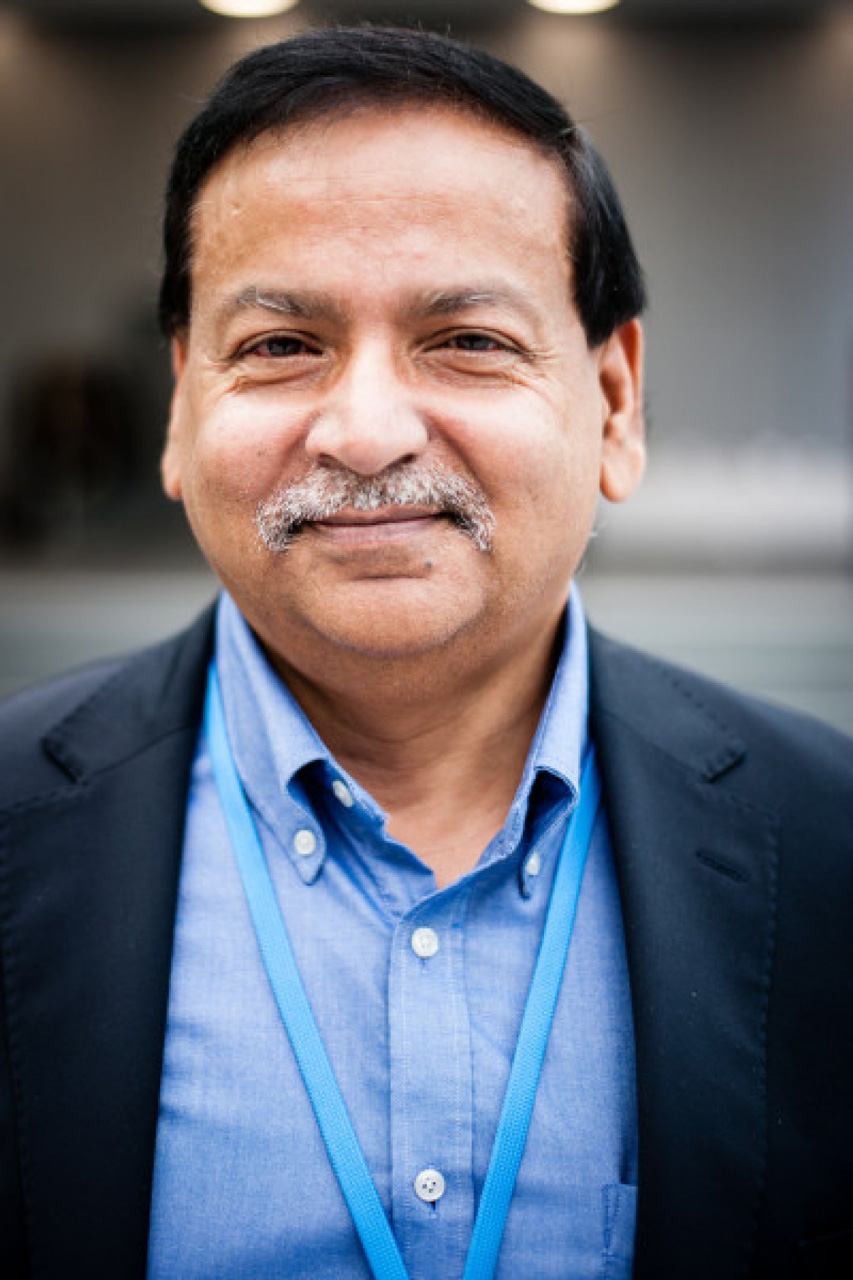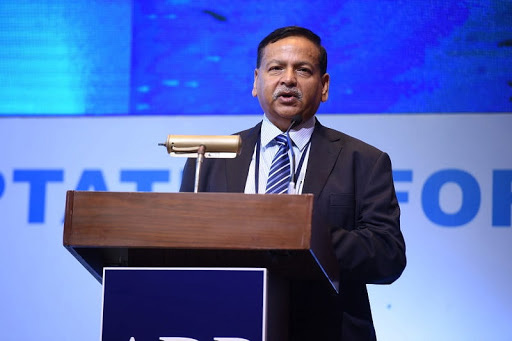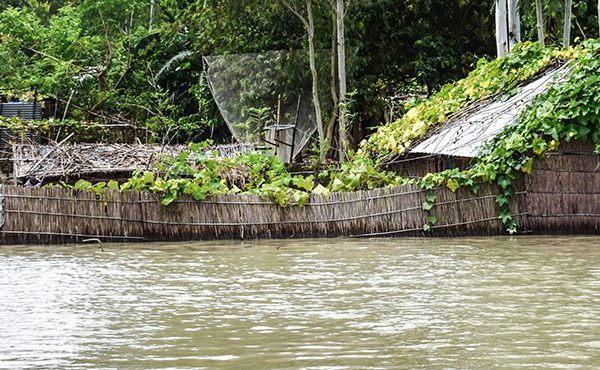Reading Time: 3 minutes
It is essential that countries in the Global South, particularly those vulnerable to climate change, lead the way in generating scientific knowledge. The global recognition of Saleemul Huq’s work shows that Bangladesh is well poised to take on this challenge.
This year on Earth Day, Reuters duly recognised Saleemul Huq as one of the world’s leading climate change scientists. It is a moment of great pride to see Bangladesh, a Bangladeshi Institution – International Centre for Climate Change and Development (ICCCAD) – and a Bangladeshi scientist on the Reuters Hot List, which identified and ranked the world’s most influential climate scientists.
The prestigious list identified the climate scientists from a comprehensive database of scientific publications on climate change. It ranked the scientists based on the number of climate change research papers published and cited within similar academic disciplines, as well as the public outreach of their work, for example, coverage in press, social media, and policy papers.
The ranking recognises Huq’s relentless effort in propelling Bangladesh as a crucial contributor to the global knowledge around climate change. It is not desirable that countries in the Global South merely serve as a site from which academics in higher income countries extract knowledge. For bringing effective, long-lasting, and real change, the Global South must contribute to the scientific knowledge, most importantly around climate change adaptation, which requires a deep understanding of the local context.
As one of the countries most vulnerable to climate change, Bangladesh has already seen how climate risks play out in reality and how these risks interact with the specific geographic, climatic, and sociocultural contexts. Bangladeshi scientists, using these lived experiences and context knowledge, have generated innovative solutions that work.
Read more: Climate solutions from Bangladesh: The Climate Bridge Fund
It is essential that countries in the Global South, particularly those vulnerable to climate change, lead the way in generating scientific knowledge through research institutes like ICCCAD and knowledge-sharing platforms like Gobeshona. In global policy and leadership, Bangladesh has been playing an ever-prominent role through the Climate Vulnerable Forum and Global Center on Adaptation.
On Bangladesh’s 50th anniversary, the recognition of Huq’s work shows that we are well poised to take on this challenge. But perhaps even more pertinently, his work gives voice to the communities experiencing the impacts, not just academic researchers.
Read more: Climate resiliency through the lens of ultra-poverty: Six interventions from BRAC

As we look to the next 50 years, the research community in Bangladesh should actively learn from and make space for communities impacted by climate change to share their knowledge to an even greater degree. Huq’s work goes beyond the academic and policy realm to include communities as well as the practitioners in governmental and non-governmental institutions, who have mass outreach through working directly with these communities. The last decade has seen the proliferation of research on community-led adaptation and efforts to bring in practitioners and policy makers to this mix. The nature of climate change necessitates such plurality of thought and diversity in our approach through local-led solutions. For example, mainstreaming climate change into operations of institutions such as BRAC has the potential to reach millions through its programmes.
Read more: Snapshot: 9 ways BRAC is prioritising the Earth
His work will guide Bangladeshi social science researchers like us to consciously co-create knowledge for action in climate research and inspire institutions like BIGD to pursue climate change research focused on identifying solutions to scaling up policy interventions and development programmes that work.

As we celebrate Huq’s achievement, it is my hope that we follow his lead and keep in mind that knowledge generation must be dialectical, not just between the higher income nations and the Global South but between academics and communities most impacted by climate change.
Rohini Kamal is a Research Fellow leading the Environment and Climate Change cluster at BRAC Institute of Governance and Development (BIGD), BRAC University.
Photo credit: ©K M ASAD/boobook





